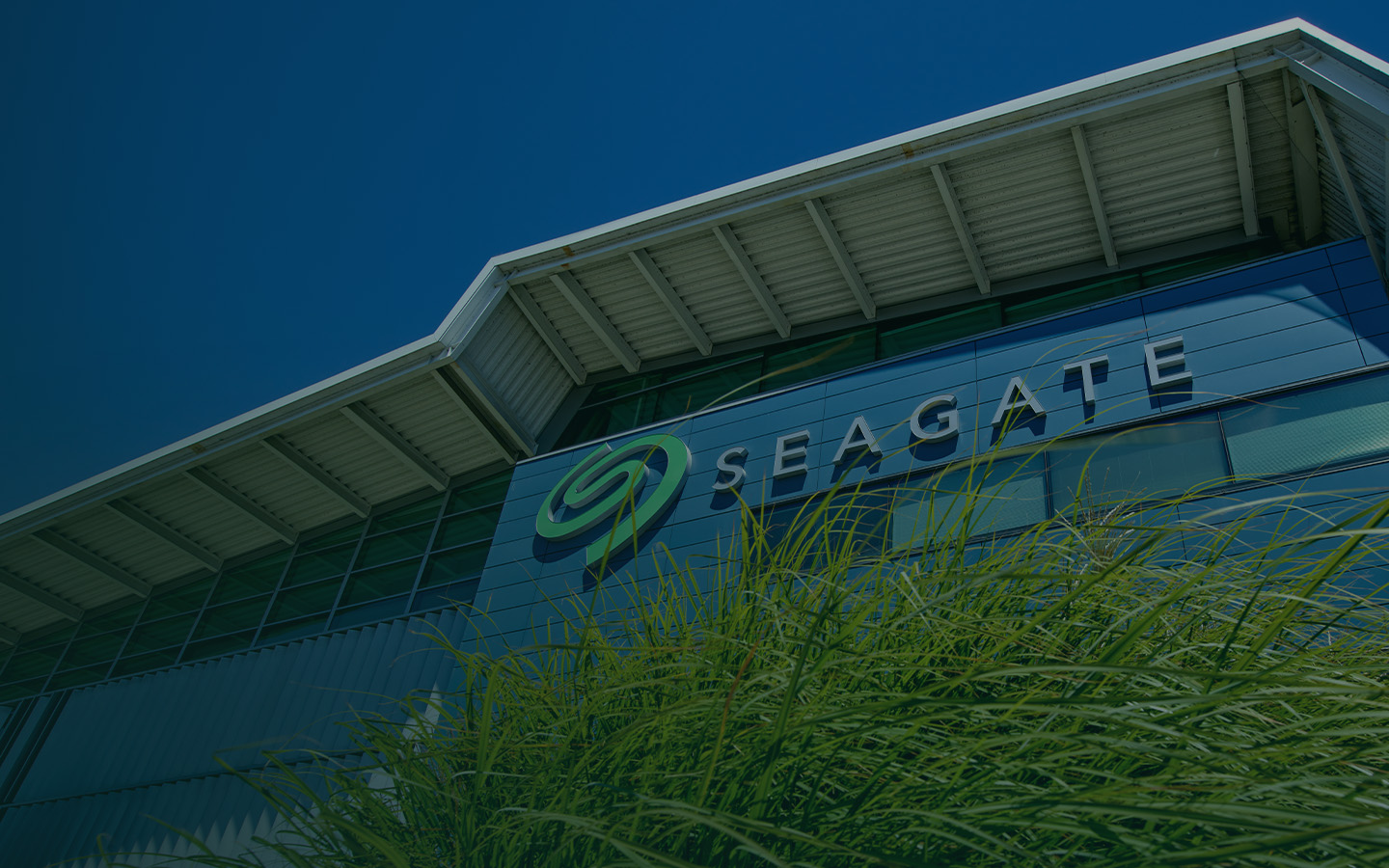i have an 8TB seagate hard drive which, after being tasked to transfer several GBs of files, grinds to a halt and the writing speed drops to 2-3 MBs. i have run a test to check for bad sectors and nothing came up as damaged. the hard drive has no problem reading for long periods of time, but it does when it comes to writing
Question hard drive stops writing after a while
- Thread starter non nom
- Start date
-
- Tags
- hard drive seagate
You are using an out of date browser. It may not display this or other websites correctly.
You should upgrade or use an alternative browser.
You should upgrade or use an alternative browser.
if by source drive you mean the boot drive, then i don't think so. i have multiple drives in my system and the one acting up is a secondary drive. none of the other drives have this issueIf it's only the writing speed that's affected it may be the source drive that's faulty.
By "source drive" I mean the drive from which files were being transferred or copied.
If you suspect the destination drive (ie the 8TB Seagate drive) may be faulty you can test it with "SeaTools for Windows":

You can also test the source drive with it as SeaTools can test any make of HDD.
If you suspect the destination drive (ie the 8TB Seagate drive) may be faulty you can test it with "SeaTools for Windows":

SeaTools | Seagate UK
SeaTools - Quick diagnostic tool that checks the health of your drive.
www.seagate.com
You can also test the source drive with it as SeaTools can test any make of HDD.
all indications point towards the destination drive being at faultBy "source drive" I mean the drive from which files were being transferred or copied.
If you suspect the destination drive (ie the 8TB Seagate drive) may be faulty you can test it with "SeaTools for Windows":

SeaTools | Seagate UK
SeaTools - Quick diagnostic tool that checks the health of your drive.www.seagate.com
You can also test the source drive with it as SeaTools can test any make of HDD.
i have tested the drive with seagate's tools with the results saying the drive is working fine, additionally i made a bootable usb with their tools and chose the setting which tries to fix any bad sectors it finds. it run for around 16 hours in order to be completed
the main issue is that there is obviously something wrong with the drive, but any program i test it with says it's working properly
SkyNetRising
Titan
Check source and target drives with HDtune (health section). Post screenshots.the main issue is that there is obviously something wrong with the drive, but any program i test it with says it's working properly
how do i upload an image here?Check source and target drives with HDtune (health section). Post screenshots.
the "insert image" option asks for a link and i tried dragging and dropping the image but it doesn't work
Upload your pic to imgur.com, and post the BBCode link here.how do i upload an image here?
the "insert image" option asks for a link and i tried dragging and dropping the image but it doesn't work
View: https://imgur.com/a/iITWiyIUpload your pic to imgur.com, and post the BBCode link here.
this is the source drive
View: https://imgur.com/3prNGuQ
this is the boot drive which i noticed has an error
View: https://imgur.com/Pw2JHx1
this is the destination drive which has the writing error
Is the 8 TB drive in question an internal drive? (you might try both a different SATA pwr and SATA data cable, as well as a different port on the mainboard, just to rule those out...; if an external USB drive, some alleged USB 3.0 spec drives' circuitry overheats at those speeds in sustained use, leading to anemic throttling, try a USB 2.0 spec port, which , although slower, will not throttle as drastically and end up faster overall transfer of large collection of data
it's an internal driveIs the 8 TB drive in question an internal drive? (you might try both a different SATA pwr and SATA data cable, as well as a different port on the mainboard, just to rule those out...; if an external USB drive, some alleged USB 3.0 spec drives' circuitry overheats at those speeds in sustained use, leading to anemic throttling, try a USB 2.0 spec port, which , although slower, will not throttle as drastically and end up faster overall transfer of large collection of data
i switched both sata cables and ports but to no avail
i'd think it would be a physical problem if made ticking noises, but it doesn't
TRENDING THREADS
-
-
Question Effect of USB 3 cable length at high speed
- Started by Pimpom
- Replies: 5
-
-
Discussion What's your favourite video game you've been playing?
- Started by amdfangirl
- Replies: 4K
-

Space.com is part of Future plc, an international media group and leading digital publisher. Visit our corporate site.
© Future Publishing Limited Quay House, The Ambury, Bath BA1 1UA. All rights reserved. England and Wales company registration number 2008885.
